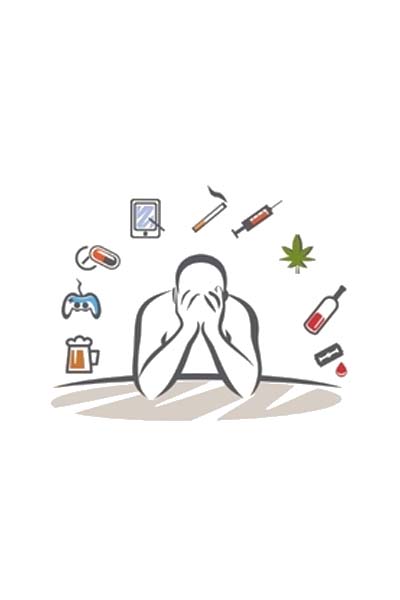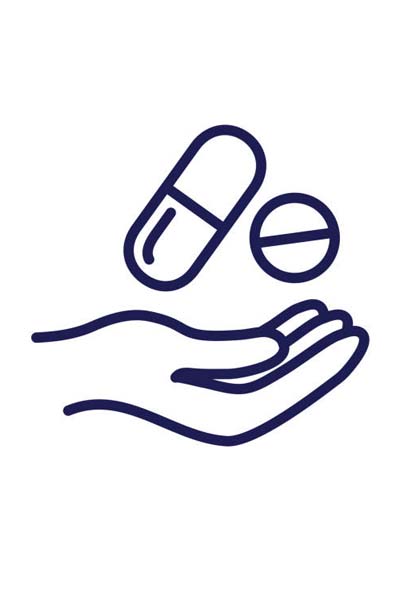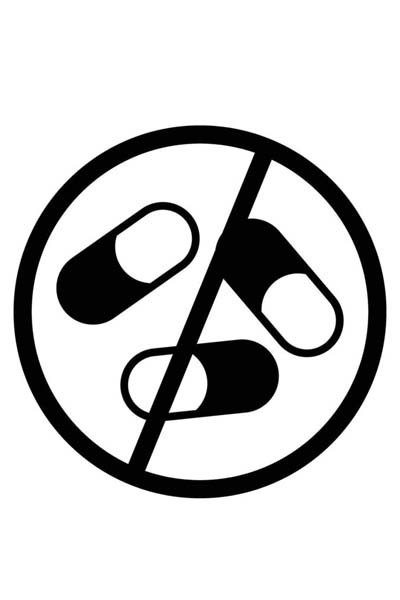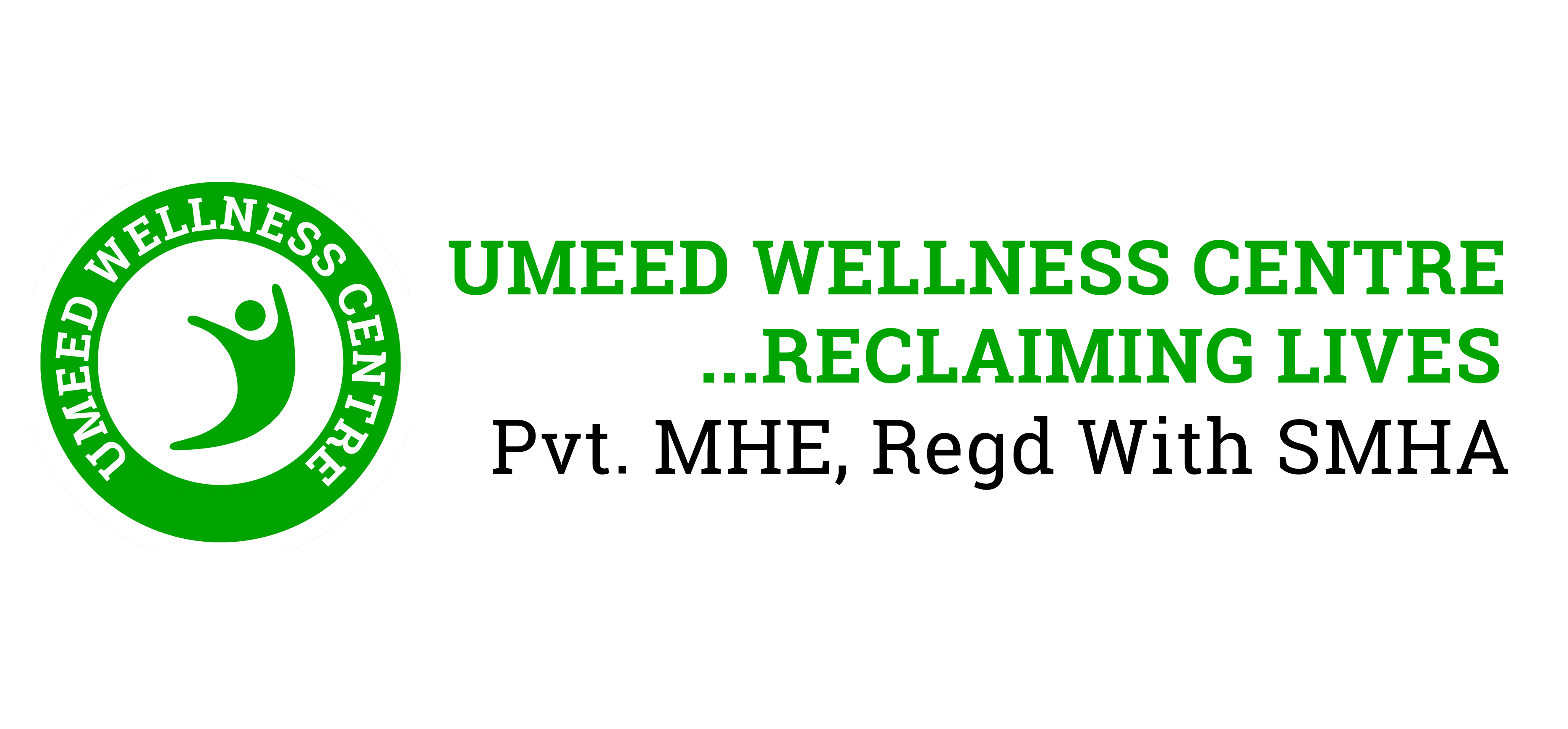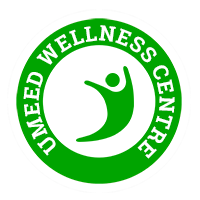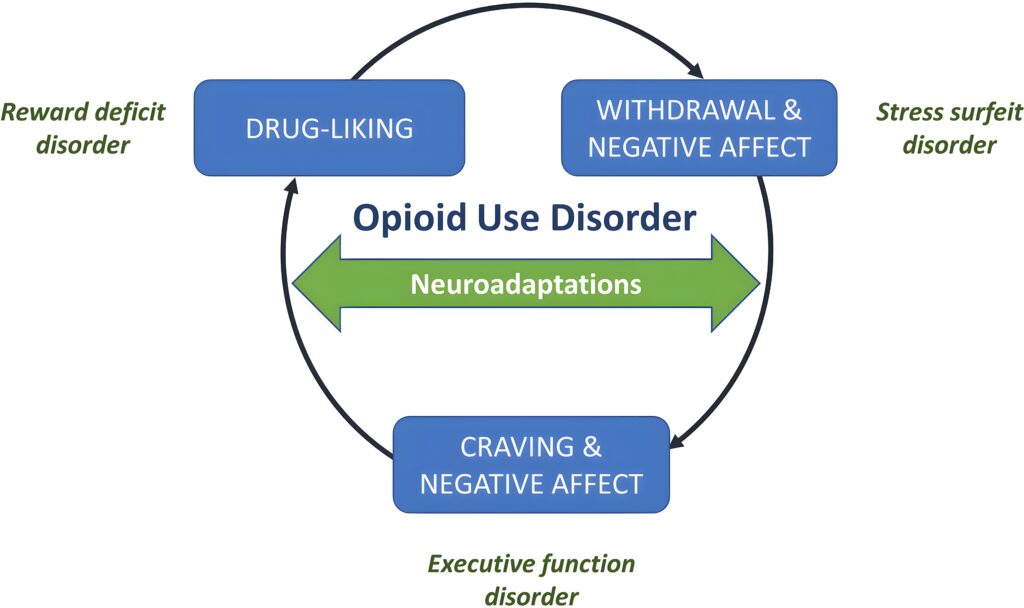Opioid Use Disorder Symptoms
Opioids produce high levels of positive reinforcement, increasing the odds that people will continue using them despite negative resulting consequences.
- Taking larger amounts or taking it over a longer period than intended.
- Persistent desire or unsuccessful efforts to cut down or control opioid use.
- Spending a great deal of time obtaining or using the opioid or recovering from its effects.
- Craving, or a strong desire or urge to use opioids
- Problems fulfilling obligations at work, school or home.
- Continued opioid use despite having recurring social or interpersonal problems.
- Giving up or reducing activities because of opioid use.
- Using opioids in physically hazardous situations.
- Continued opioid use despite ongoing physical or psychological problem
- Experiencing withdrawal (opioid withdrawal syndrome)
Opioid Withdrawal Syndrome
Occurs following reduction or cessation of regular opioid use
Clinical Presentation: Dilated pupils, anxiety, nausea, vomiting/ diarrhoea, abdominal cramps, muscle aches and pains, headaches, running nose and eyes, yawning, hair standing up on arms, increased heart rate and blood pressure.
Treatment of Opioid Use Disorder and Rehabilitation
Effective treatments are available, however, only about one in four people with opioid use disorder receive specialty treatment. Medication-assisted treatment (MAT) is an effective treatment for individuals with an opioid use disorder. It involves use of medication along with counseling and behavioral therapies.
Treatment typically involves cognitive behavioral approaches, such as encouraging motivation to change and education about treatment and relapse prevention. It often includes participation in self-help programs, such as Narcotics Anonymous. MAT has been shown to help people stay in treatment, and to reduce opioid use, opioid overdoses and risks associated with opioid use disorder.
Opioid use disorder often requires continuing care to be effective.
Evidence-based care for opioid use disorder involves several components, including:
- Personalized diagnosis and treatment planning tailored to the individual and family
- Effective behavioral interventions delivered by trained professionals
- Recovery support services, such as mutual aid groups, peer support specialists, and community services
Opioid Use Disorder Help
Medication options for the treatment of opioid use disorder are FDA-approved and safe to use, Medications to treat opioid use disorder are highly effective and proven to save lives, and are therefore the recommended standard of care for opioid use disorder.
Always remember that you are not alone in this battle. We are with you!
For information contact the Umeed Wellness Centre for opioid use disorder and substance abuse treatment (CSAT) at +91 880 072 7020 or umeed.in@gmail.com
